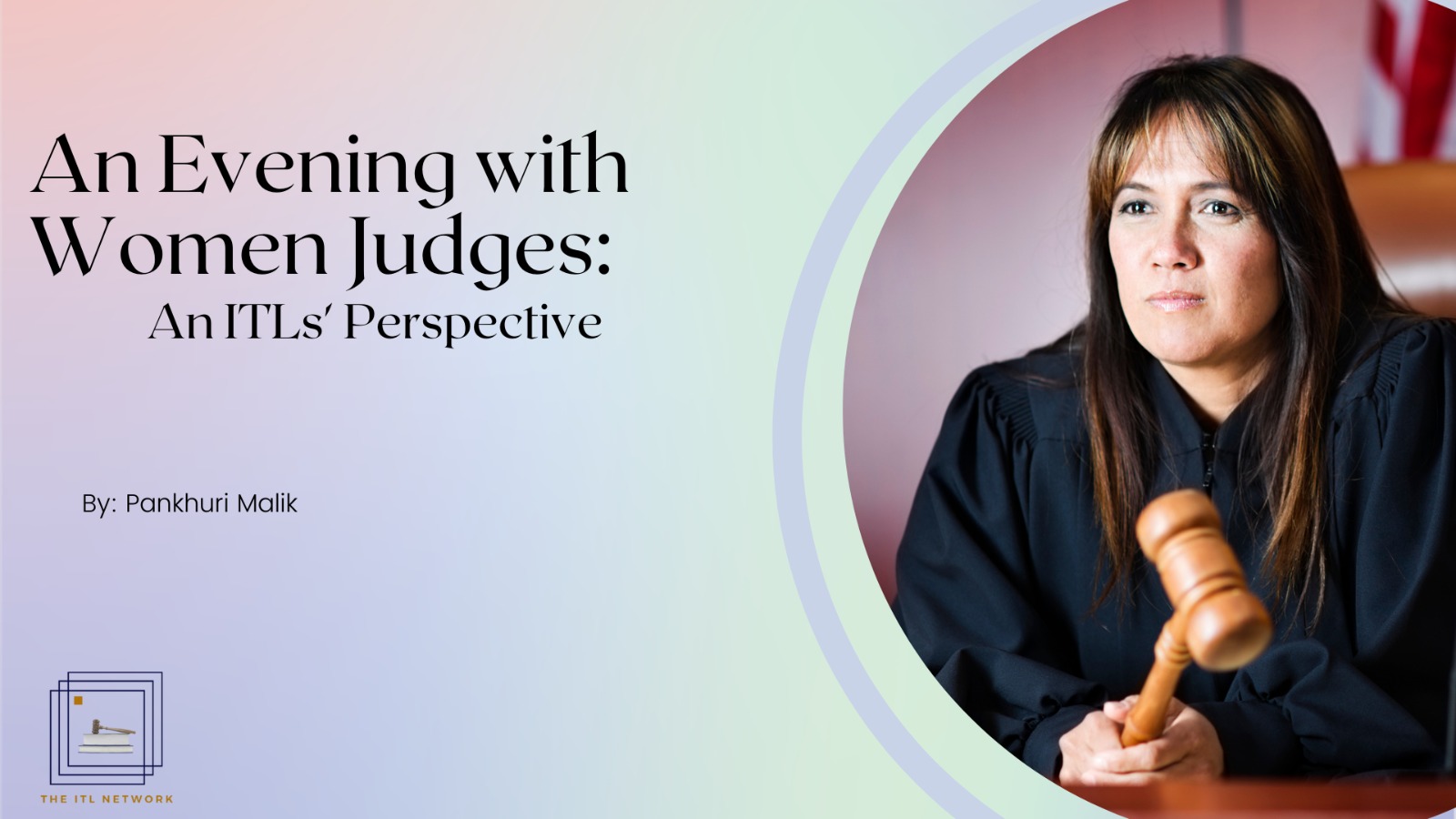
Recently, I had the opportunity to spend an evening with Justice McLeod (Ontario Court of Justice), Justice Braid (Superior Court), Justice J.L. Waddilove (Ontario Court of Justice) and Justice Jain (Superior Court), all remarkable female judges in the industry. This event was an initiative by the International Association of Women Judges (IAWJ) (amongst several other similar events being organised by law schools across Canada), to encourage young female lawyers to join the judiciary. The IAJW is actively working towards removing impediments faced by female lawyers and judges in the world with a focus on the high attrition rate of females in the profession. The evening was full of riveting and intriguing conversation as our judges talked about increasing representation, equity and diversity within the law, and what it takes to be a judge.
By virtue of Osgoode’s Women Network, attendees of the evening received the chance to personally interact with the Judges. Attendees not only learned from the fierce personal experiences narrated by the esteemed judges that formed the panel but were also allowed time to ask direct questions.
Amidst these questions, certain recurring themes appeared in our conversations. First and foremost, there was great emphasis on the need for representation. Women often have a unique insight into certain grievances and issues that others maybe insensitive to. This combined with intersectional representation, offered by the likes of Justice Waddilove, who is also an indigenous person, and Justice Jain, who is also a person of colour, provides the Bench with perspectives that may have been lacking without their presence and expertise.
Further, Justice McLeod spoke about how 51% of her graduating class comprised of women. 10 members of this class now serve as members of the Judiciary in Canada. Interestingly, only 1 out of these 10 is a woman. These statistics alone is concerning and the stories we heard from our esteemed judges, albeit personal and heart-warming, were much more substantial. These stories are inspirational, especially for an Internationally Trained Lawyer (ITL).
Justice McLeod recounted the story of how she made it to the Bench. Her tale of adversity, challenge, failure and disappointment presented a picture of a phoenix rising from the ashes. She spoke about honesty and integrity in the practise of the legal profession and actively encouraged everyone, especially women and people of colour, to take risks, to ask questions and to put their “hat in the ring” come what may. Much like Justice McLeod, Justice Braid and Justice Jain also insisted on regaining control of the reigns. They ask ITLs to actively work towards being a part of the Bench. They recommended that everyone must from the get-go strategize their career, inclusive of building suitable connections and acquiring the necessary skills to achieve their goals.
As ITLs, we are often gripped with the challenge of establishing ourselves in the Canadian legal market. We bring unique experiences, stories, perspectives and knowledge to the table that is often lacking in a homogenous group. We know better than anyone that none of our stories are the same. However, in the hustle and bustle of proving ourselves or satisfying the innate need to be a part of the community, we often disregard our biggest strength – our own unique voices.
For most of us, a huge achievement is getting called to the Bar in Canada. Anyone attempting to build a career, the call to the Bar merely marks the end of the journey as “students and lawyers in training” and the beginning of our journey as professionals. During the course of this journey, we often forget to map out our desired destination. This evening inspired me to perceive my licensing process as a milestone and not as the chequered flag, and to aim for the bigger picture.
By Pankhuri Malik
